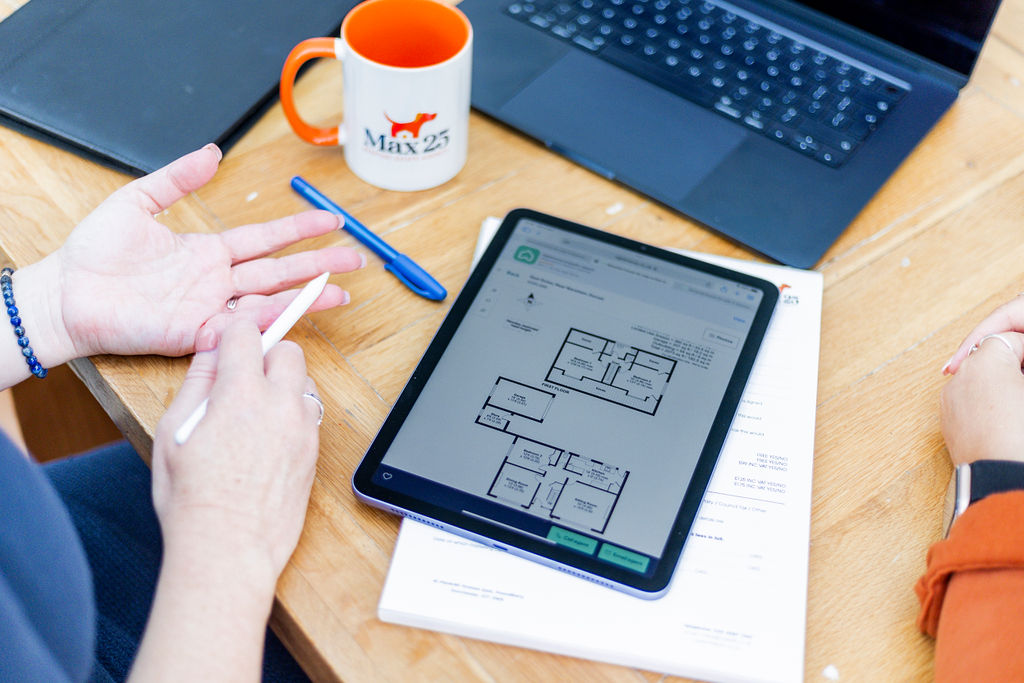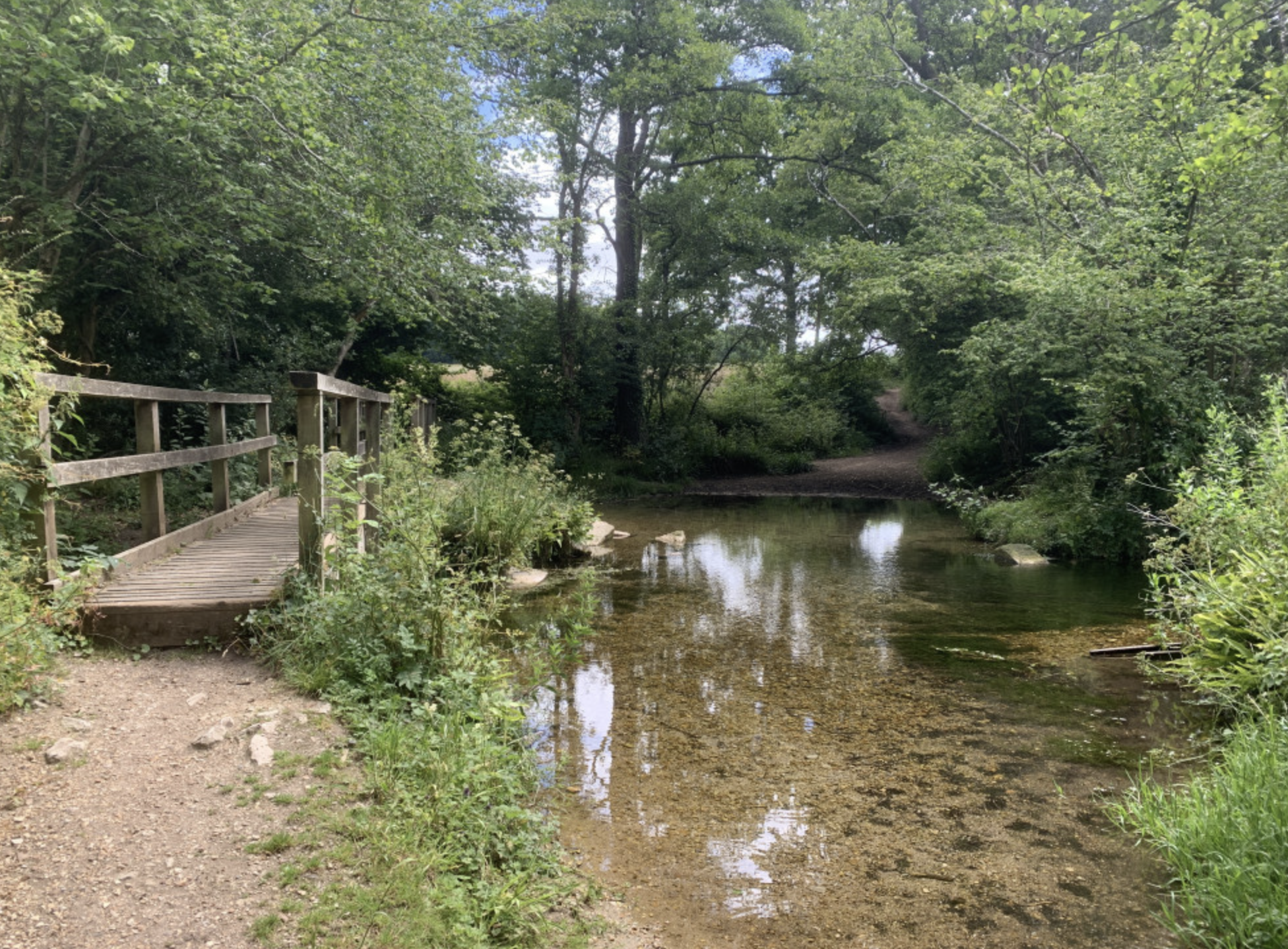Buying your first home is an exciting milestone, but it can also be a daunting process, especially in the complex UK property market. From understanding mortgage options to finding the perfect location, there’s a lot to consider. Here are some essential tips to help you navigate the journey of buying your first home with confidence.
1. Determine Your Budget
Before you start house hunting, it’s crucial to have a clear understanding of your budget. Consider how much you can afford to spend on a property, taking into account your savings for a deposit, as well as additional costs such as stamp duty, legal fees, and moving expenses. Use online mortgage calculators to get an estimate of how much you can borrow and what your monthly repayments might be.
2. Save for a Deposit
In the UK, you’ll typically need a deposit of at least 5% to 20% of the property’s value. The larger your deposit, the better the mortgage deals you’ll be able to access. Start saving as early as possible and explore government schemes like the Help to Buy ISA or Lifetime ISA, which offer bonuses to boost your savings.
3. Check Your Credit Score
Your credit score plays a significant role in your ability to secure a mortgage. Lenders use it to assess your financial reliability. Obtain a copy of your credit report from credit reference agencies like Experian, Equifax, or TransUnion, and check for any errors that need to be corrected. Paying off outstanding debts and managing your finances responsibly will help improve your score.
4. Get Mortgage Advice
Navigating the mortgage market can be overwhelming, with a wide range of products and lenders to choose from. Consider seeking advice from a mortgage advisor or broker who can help you find the best mortgage deal suited to your circumstances. They can explain the different types of mortgages available, such as fixed-rate, variable-rate, and interest-only mortgages, and help you understand the terms and conditions. I have a couple of independent advisors I can recommend, please just ask
5. Understand the Costs Involved
Buying a home involves various costs beyond the purchase price. These can include:
- Stamp Duty Land Tax (SDLT): This is a tax on property purchases over a certain price threshold. First-time buyers can benefit from reduced rates.
- Survey Fees: Paying for a property survey to check for structural issues and potential problems.
- Legal Fees: Solicitor or conveyancer fees for handling the legal aspects of the purchase.
- Moving Costs: Hiring a removal company or renting a van.
6. Choose the Right Location
Location is key when buying a home. Consider factors such as proximity to work, schools, public transport, and local amenities. Research different areas and visit them at different times of the day to get a feel for the neighborhood. Keep in mind future developments that could impact property values.
7. View Properties Thoroughly
When viewing properties, take your time to inspect them thoroughly. Look beyond the surface and consider the condition of the property, potential repairs or renovations needed, and the overall layout and space. It’s often helpful to take notes and photos during viewings to compare later.
8. Make an Offer
Once you’ve found a property you like, it’s time to make an offer. It’s common to negotiate the asking price, so don’t be afraid to offer less than the listed price. Your estate agent can guide you through this process. Be prepared to show proof of your mortgage agreement in principle to demonstrate your ability to proceed with the purchase.
9. Get a Property Survey
A property survey is essential to identify any structural issues or defects that could affect the property’s value or require costly repairs. There are different types of surveys available, such as a Homebuyer Report or a Full Structural Survey. Your mortgage lender may also require a valuation survey.
10. Complete the Legal Process
Your solicitor or conveyancer will handle the legal aspects of the purchase, including conducting searches, drawing up contracts, and ensuring the title of the property is transferred correctly. Once all checks are completed and contracts are exchanged, you’ll pay the deposit, and a completion date will be set.
11. Move In
On the completion date, the remaining balance of the purchase price is transferred to the seller, and you’ll receive the keys to your new home. Arrange for utilities and services to be set up in your name, and plan your move-in day logistics.
12. Enjoy Your New Home
Congratulations! You’re now a homeowner. Take the time to settle in and make your new house a home. Personalise your space, meet your new neighbours, and enjoy the benefits of owning your first property.
Contact Us Today to Learn More About Our Available Properties!
#FirstTimeHomebuyer #UKPropertyMarket #HomeBuyingTips #EstateAgencyAdvice #NewHome #PropertyInvestment #DreamHome #HouseHunting #MortgageAdvice



